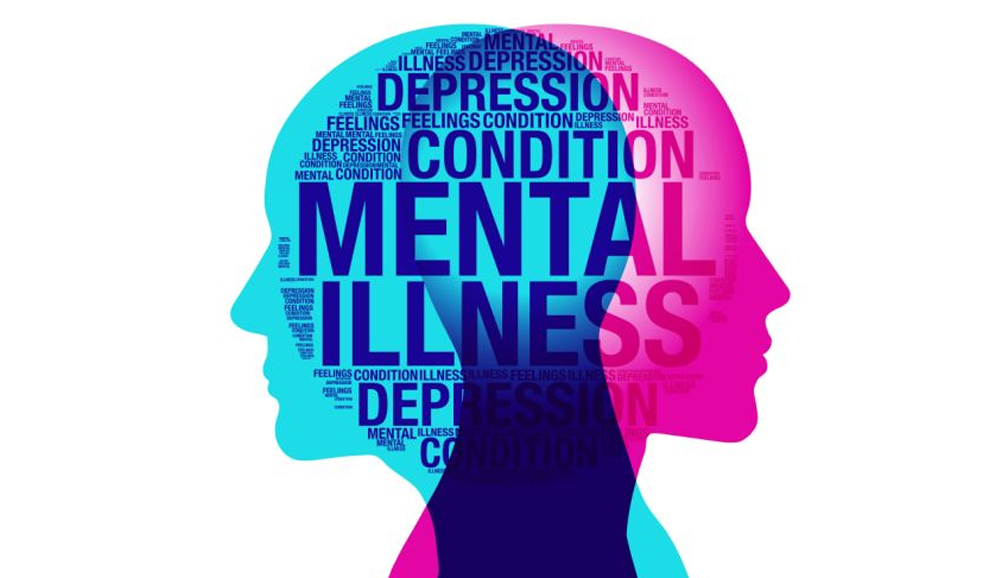Mental health and coping strategies
I was listening to the narrative of a friend who had recently been diagnosed to have a mental illness and started on medications. "My parents are hard working and have struggled to bring me and my siblings to the social status that we currently belong to. My siblings and I are all suffering from some mental illness, and my parents are unable to wrap their heads around it. They had never experienced mental illnesses in all their life." In the medical college where I worked I was witness to the increasing 'outbreak' of various types and degrees of mental illnesses within campus. This exposure to increasing mental illnesses among the young, and the interaction with my friend who spoke about her mental illness, got me thinking about the social roots and origins of mental illnesses. Is increasing mental illness a by-product of development? Is it a disease of affluence? Is it the price we pay for moving up the social ladder?
My young friend's parents were from very humble beginnings. They were struggling for basic needs. In other words they were much lower in the Maslow's hierarchy. But my friend, who belongs to the next generation, has certain basic guarantees in life. When basic guarantees like food, clothing, shelter have been assured, it is human nature to seek improvement. My friend's theory seems to be based on this, that when basic needs are met, humans seek more, and this seeking more leads to disappointments and depression.

Studies of emotional intelligence among medical students have shown that students from poorer socio-economic background tend to grow up in communitarian settings and have healthier coping mechanisms. This helps them handle emotions better. Whereas students from higher socio-economic strata tend to be individualistic and possessing poorer coping skills. I have observed this anecdotally in the college. Students from modest rural backgrounds tend to be more resilient. They cope with failure in relationships, exams, projects better than those from affluent urban backgrounds. Ofcourse, one cannot generalise such things and there are always exceptions. But I remembered these anecdotes and the study, when I heard my friend narrate their experience.
If indeed mental illness is a by-product of development, I think it is imperative to have mitigation measures in place when the society is moving in the development trajectory. We must teach our youngsters healthy coping strategies to handle their change in moods. With a world which is increasingly become lonely and socially isolated, such healthy coping strategies are essential. A mental health professional suggested a private photo journaling activity to me. They asked me to click pictures on my phone relevant to important events in the day and write reflective notes on them daily. Sometimes, I have noticed that when I revisit these journals, I pick up body language and facial expression cues in myself or in others which indicate something, which I had missed earlier. The reflection activity itself helps clear out the fogging in the thought.
I use blogging as my coping strategy. I write about all the mood lowering events and happenings in my life. I describe them initially raw, without any embellishments. When I read what I have written the second time, I start seeing what all mistakes I have made in the event. Sometimes, it is an error of my interpretation. Sometimes it is a miscommunication. I pick up on these when I read and edit my blog several times. Editing the blog gives me the experience of reliving the incident and potentially editing the sequence of events in my mind. Though, the actual course of events can never be edited, it gives me a sense of control over what has happened. It helps me by removing several cobwebs in my thinking.
I think it is true that the increase in mental illness is a consequence of rapid development. There is no going backwards from a development path. Therefore, we need to build healthy coping and resilience strategies. Blogging is mine, what is yours?
Comments
Post a Comment